Table of Contents
The AI Shift That’s Already Here
Let’s face it—artificial intelligence is no longer a futuristic buzzword. It’s the present. From voice assistants like Alexa and Siri to Netflix recommending what you should’ve watched three weekends ago, AI is already transforming the world around us. But this is just the tip of the iceberg. In this blog, we’re diving deep into the future of AI and how AI is changing the world—not just in tech, but in your day-to-day life, your job, and even your creativity.
So, grab a cup of coffee, because what you’re about to read isn’t some robot-written nonsense. It’s a real look, with real stories, at how real people are being affected by AI.
What Exactly Is AI and Why Does It Matter?
Artificial Intelligence, or AI, refers to machines designed to mimic human intelligence. Sounds sci-fi? It used to be. But today, AI is involved in almost everything:
- Healthcare diagnostics
- Autonomous vehicles
- Language translation
- Financial forecasting
- Personal assistants
The importance of AI lies in its ability to analyze data faster, make decisions smarter, and automate tasks efficiently. In short, the future of AI and how AI is changing the world is a story of smarter, faster, and often cheaper solutions to human problems.
Healthcare Revolution: Diagnosing With Data
Imagine a world where diseases are diagnosed in seconds. That world is already forming. IBM Watson, for instance, can analyze vast amounts of medical literature and patient data to offer diagnostic recommendations that sometimes outperform experienced doctors.
Case Study: In 2018, a Japanese hospital used AI to correctly diagnose a rare form of leukemia in a patient. The system did it in just 10 minutes by scanning 20 million research papers.
That’s not just helpful—it’s lifesaving. And it’s only the beginning of the future of AI and how AI is changing the world in medicine.
Transportation: Self-Driving Into the Future
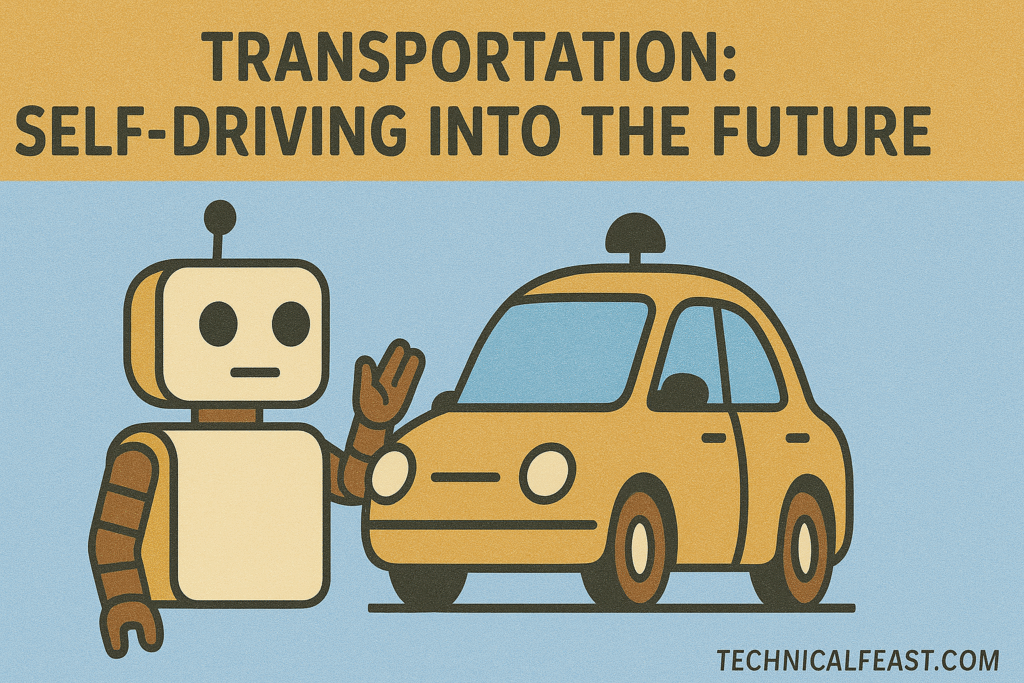
You’ve heard of Tesla, right? Elon Musk’s AI-powered cars aren’t just cool—they’re a glimpse into a future where accidents are rare and traffic flows smoothly.
- Waymo, Google’s autonomous driving project, is already giving people rides in Phoenix.
- Cruise, backed by GM, is testing self-driving taxis in San Francisco.
These vehicles use AI to process road conditions, recognize pedestrians, and make split-second decisions—faster and safer than humans in many cases.
AI at Work: The Changing Face of Jobs
Let’s address the elephant in the room—job loss. Will AI steal your job? Maybe. But it might also create your next one.
Jobs like:
- AI trainers
- Data labelers
- Prompt engineers (yes, that’s real!)
- Robot maintenance technicians
Personal Commentary: My friend, a content writer, transitioned into writing prompts for AI systems. She’s now earning more, with less stress. That’s the future of AI and how AI is changing the world—replacing the mundane with new, creative roles.
Education: Personalized Learning on Steroids
Gone are the days when a one-size-fits-all classroom worked for everyone. Today, AI can track a student’s learning style and adjust the curriculum in real-time.
Tools like:
- Knewton – adaptive learning platform
- Duolingo – uses AI to personalize language learning
This not only helps struggling students catch up but allows advanced learners to move ahead faster.
AI in Creativity: Art, Music, and Writing
Think AI can’t be creative? Think again.
- DALL·E by OpenAI generates art from text prompts.
- Amper Music helps musicians compose tracks.
- GPT-4 (hello, I’m a cousin!) assists in writing everything from blogs to screenplays.
It’s not about replacing artists—it’s about enhancing creativity. We’re talking about co-creation, not substitution.
Ethics and Concerns: The Double-Edged Sword
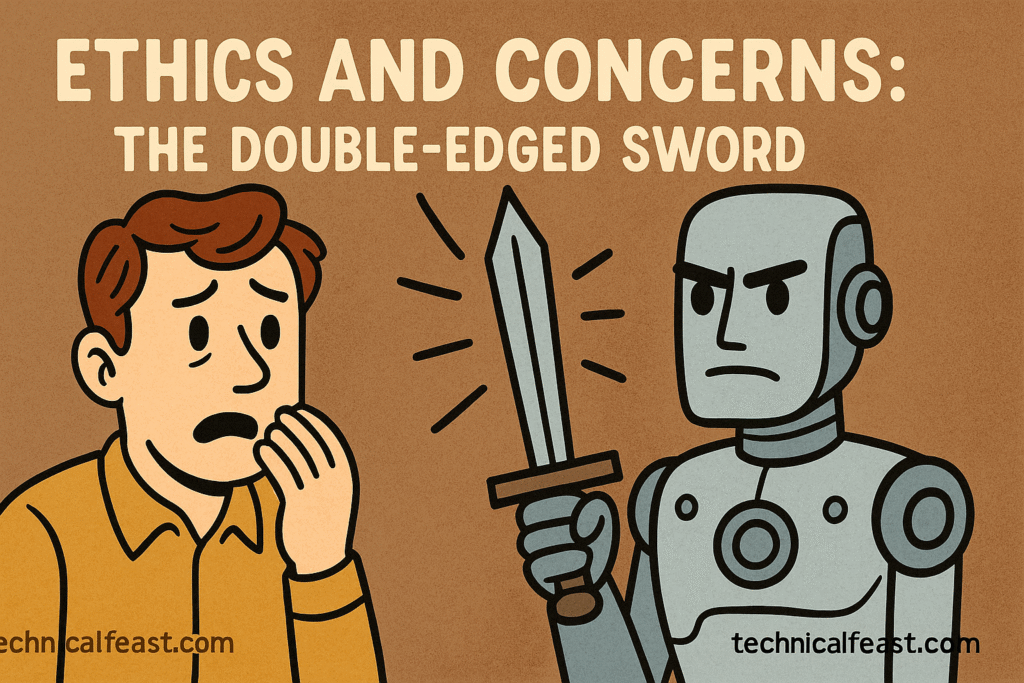
Of course, not everything is rosy. With power comes responsibility—and risk. Bias in AI algorithms, privacy issues, and lack of transparency are serious concerns.
Example: In 2019, an AI-based recruitment tool was scrapped after it showed bias against female candidates. The reason? It had been trained on data from male-dominated industries.
The future of AI and how AI is changing the world also depends on how responsibly we build, monitor, and regulate AI.
The Global AI Race: Nations Betting Big
Countries like China, the U.S., and India are pouring billions into AI R&D. It’s not just about innovation—it’s about national security, economic dominance, and global leadership.
In 2021, China announced a plan to become the world leader in AI by 2030. India launched programs like IndiaAI to integrate AI in agriculture, education, and public governance.
This race will decide how AI shapes societies and economies over the next decades.
Real People, Real Stories
Here’s the human side:
- An Indian farmer uses AI to detect crop diseases using a smartphone app.
- A blind man uses Seeing AI by Microsoft to “read” the world around him.
- A small-town artist in Rajasthan is now selling AI-assisted designs on Etsy.
These are not just innovations—they’re lifelines.
What’s Next? AI and the Next 10 Years
Predictions:
- AI doctors diagnosing at home
- Entire cities managed by AI (smart traffic, smart waste, smart lighting)
- AI lawyers drafting legal documents
Some may sound far-fetched, but so did talking to a watch 20 years ago. Now we all have smartwatches.
Frequently Asked Questions (FAQs)
Q1: Will AI take over all jobs? A: Not all, but many will change. Automation will replace repetitive jobs, but creative and human-centric roles will grow.
Q2: Can AI be biased? A: Yes. If trained on biased data, AI will reflect those biases. That’s why ethical training is crucial.
Q3: Is AI dangerous? A: Like any tool, it depends on usage. Unregulated AI can be risky, but with proper governance, it can be very beneficial.
Q4: How can I prepare for an AI-driven world? A: Upskill. Learn about AI, coding, data science, or roles that work alongside AI.
Q5: Will AI ever have emotions? A: Not real emotions, but simulated empathy is being developed for specific tasks like customer support.
Conclusion
The future of AI and how AI is changing the world is not a distant idea—it’s now. From the fields of Assam to the boardrooms of Silicon Valley, AI is influencing how we live, work, and think. Whether you’re excited or anxious about it, one thing’s clear: this is one ride you’ll want to be prepared for.
Final Thoughts
Stay informed. Stay curious. And maybe, just maybe, you’ll be one of the humans shaping the future of AI, instead of being shaped by it.
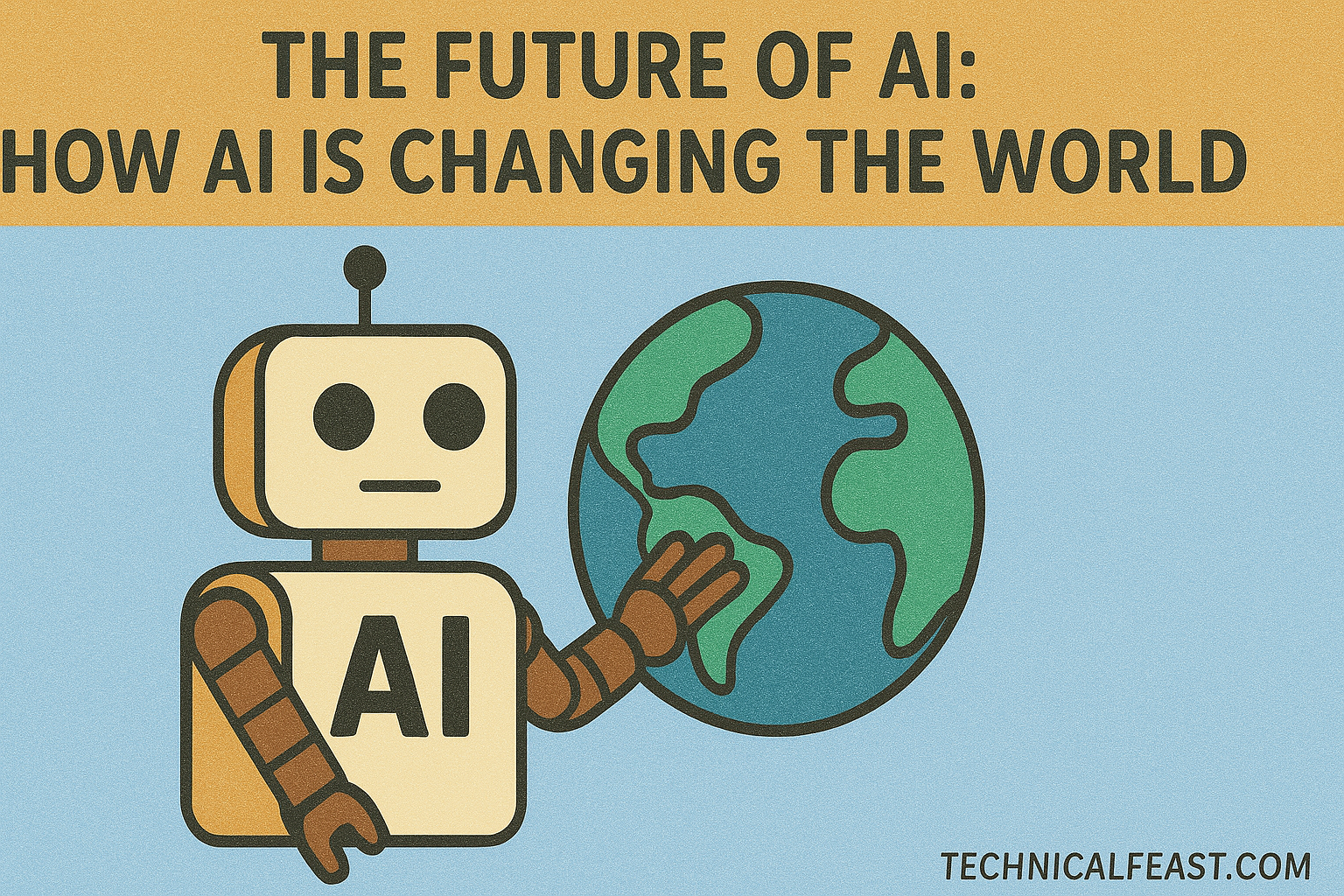
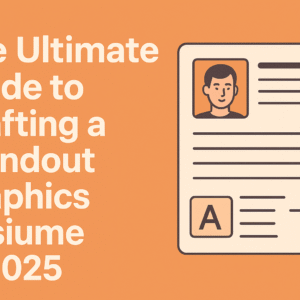
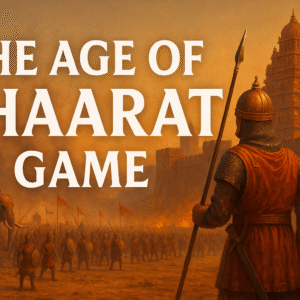
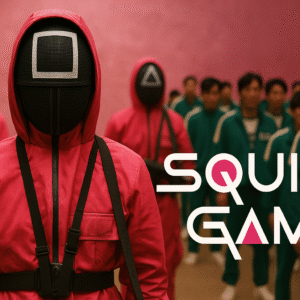
Leave a Reply